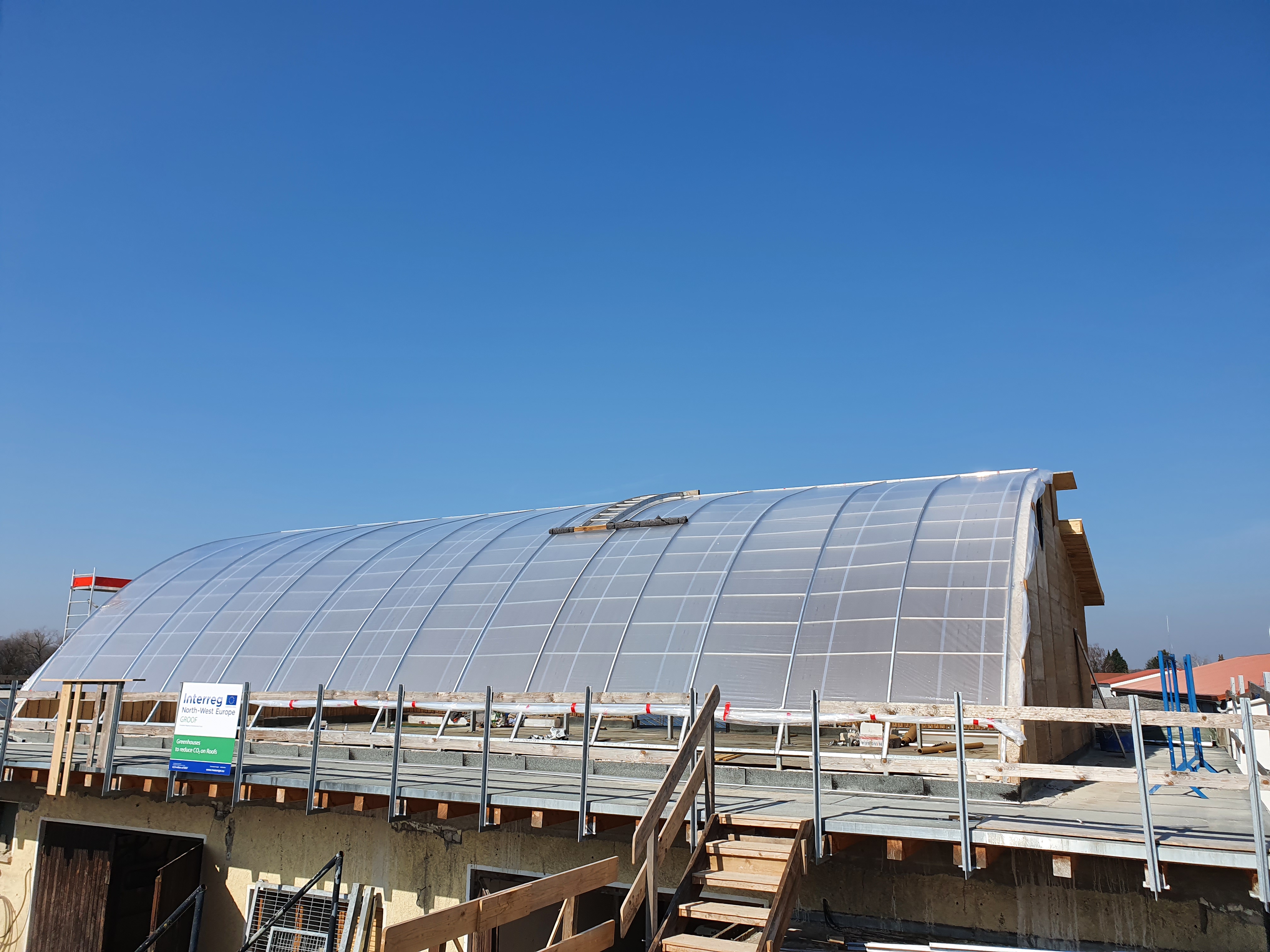GROOF COACHING
Reducing greenhouse gas emissions is a major international concern in the fight against global warming, which threatens our entire ecosystem. The construction sector obviously has a key role to play and, if the energy renovation of buildings is one of the ways to contribute, another solution could well come from higher up... let's look up and seriously consider the potential of our roofs!
In this context, many European countries are involved in the "GROOF" project, for "Greenhouses to Reduce CO2 on RooFs", with the support of the INTERREG NWE program.
The first coaching sessions took place from 2019 to 2021 with 5 early adopters who could benefit from the expertise of our experts.
2022 marks a new year of coaching with 10 new projects selected, coached by our team of experts.
Our expertise
Knowledge and expertise in construction design, stability, materials, technical assessment, calculation, risk analysis. Specialisms in roofing and structure. Knowledge in material behaviour and innovative combination. Skills in technical project analysis.
Analysis of the energy flows of the existing building and the project itself, counselling for techniques and measurements to reduce energy demand and implement existing flows to reduce CO2 emissions.
The plant production expertise consists both in the design of plant production systems and the management of production. This includes knowledge in growing system, plant nutrition, light, pest and disease management, practical organisation of the work, etc...
Emphasis on the viability and durability of the candidates’ project, with the respect of the candidates’ vision. This includes evaluating the stakeholders, the cultural & geographical context, the social fabric, the environmental ambitions, the key threats, etc.
All those 10 projects bring together different greenhouse techniques (hydroponic greenhouses, aquaponics, soil-based vegetable gardens, etc.) as well as different types of projects (educational, social, private, etc.) but all of them focus on ecology and the respect for environmental values.










































